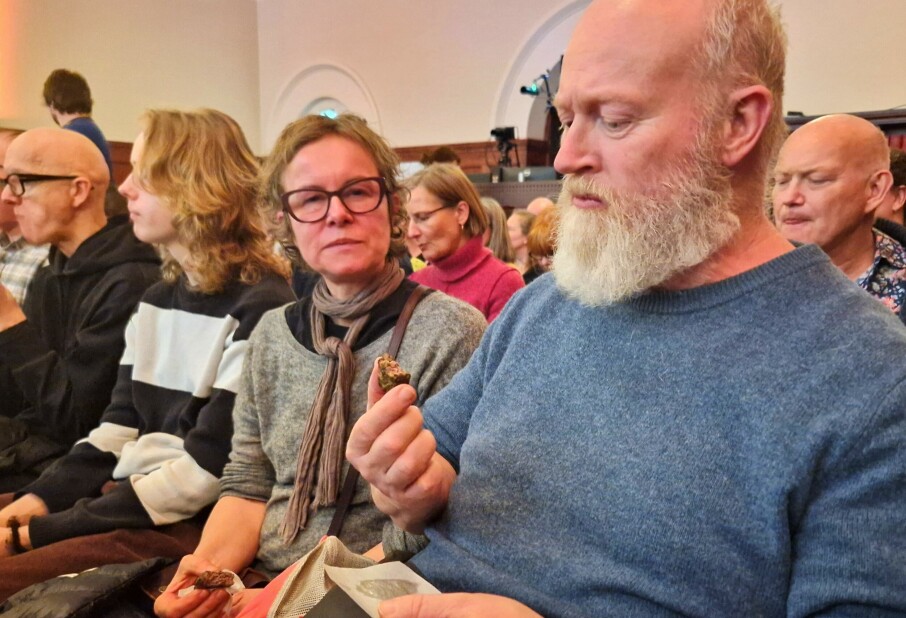
Female researchers caution others against a career in science
A majority of young female researchers would not recommend others to choose a career in research. Their male colleagues have fewer doubts.
The Oslo and Akershus University College web paper Khrono writes of significant gender differences among researchers’ attitudes regarding their choice of careers.
Six out of ten women say they would not recommend others to educate themselves for work as researchers.
Only four among every ten men would warn others of following in their footsteps as researchers. These attitudes were charted in a study by the Young Academy of Norway, “the voice of young researchers in the public arena”.
Under 38
The study is based on responses from 840 young researchers under the age of 38 working in a variety of research institutes. Three out of four who responded had temporary rather than steady jobs.
Gender differences were clear in the researchers’ confidence in their own and others’ futures in the research sector.
Male optimism
It should be no surprise that both sexes dislike the lack of permanent job contracts on offer. But men are more likely to have confidence of landing steady jobs in the future.
Women’s faith in research as a career choice was more dependent upon having a steady job or only a temporary one.
In fact, more women than men who have steady jobs answered that they would still be working with research in ten years.
Among these young researchers who had temporary jobs, women were less likely than men to picture themselves still conducting research in ten years.
Hard to unite with a family
According to the Young Academy of Norway, this tendency is also seen in earlier qualitative studies.
Research work is experienced as a career which is hard to unite with marriage/partnership and having children. It pays poorly and job opportunities are uncertain, claim many of the researchers in an open question about their assessments of research as a career with a future.
Many also report finding it hard to unite a partnership or love life with job mobility. And they are uncomfortable and feel stigmatized when being among the highest educated jobseekers in Norway dependent on unemployment benefits from the social services, NAV.
Translated by: Glenn Ostling






























